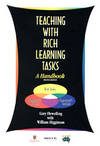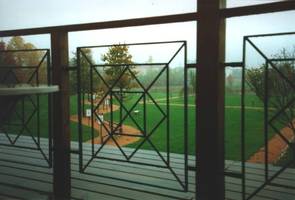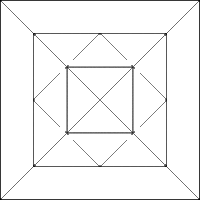Developing a problem-based culture
Types of problems play an important role in math and science lessons and should not merely be routine. It is the aim of this Basic Pattern to create (mathematical) problems that
- enable students to find different ways of solving problems.
- make use of a student’s basic knowledge and revise acquired skills and connect them with newly acquired ones.
- can be transferred to new problem situations.
The formulation of a math problem in itself is not important for the quality of teaching. More important is its integration into the whole teaching situation. A variety of different approaches, discussions and interpretations may also turn traditional problem situations into interesting and useful elements of math and science lessons.
Some problem situations
Very often so-called ”new” problem situations are not really new. It largely depends on how a problem is being dealt with. In the following you will find some examples which may tempt you to more newly invented problem situations.
Math in everyday life
- Discover as many characteristic features of this figure as possible.
- Think about some interesting questions about this figure and have them answered by your partner.
- Partner work: Present the best ideas to your class.
Problem Situation found in a newspaper
A short article from a North German newspaper:
Whereas a few years ago every tenth driver drove too fast, it is meanwhile only every fifth driver. But even five percent is far too much. So there will be more speed checks in the future and every offender will be fined.<br/>Discuss the mathematical mistake of this news item.
Fermi question
Hair grows very slowly. During this lesson each individual hair on your head grows a tiny little bit. Guess the total growth of your hair if all these bits are put together in one line.
These examples are taken from:"Mathematikunterricht für individuelle Lernwege öffnen", V. Ulm, Kallmeyer 2004.

More material for information and practical use in lessons:
Gary Flewelling, We Need Learning Tasks That Support Sense Making (pdf, 600 kB)
Gary Flewelling, Rich Learning Tasks: Changing the Culture of the Mathematics Classroom (pdf, 17 kB)
Gary Flewelling & William Higginson, Teaching with Rich Learning Tasks: A Handbook, Published by AAMT, 2005


